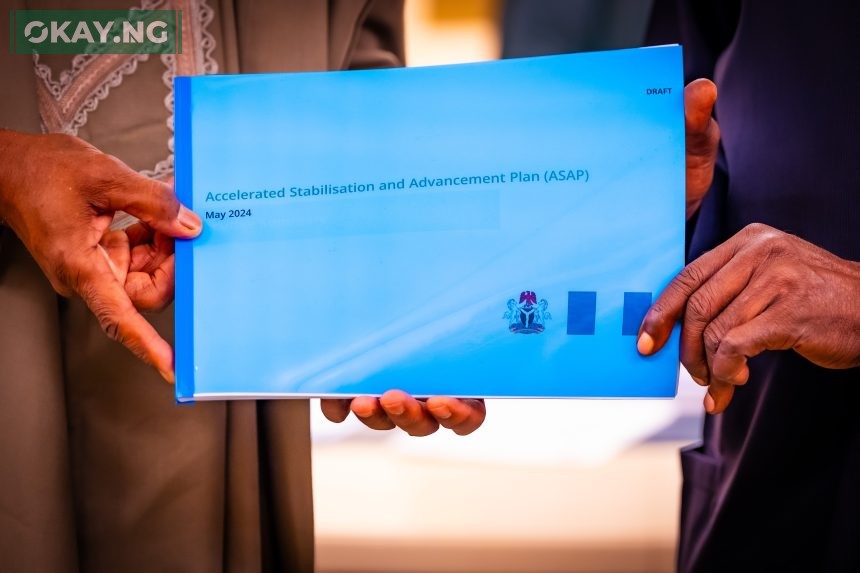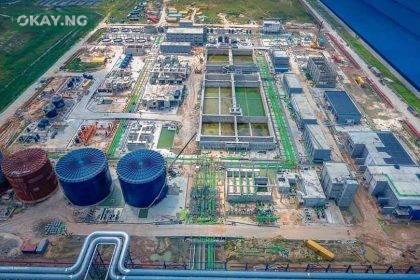Nigeria’s economic landscape is set to undergo significant changes with the introduction of the Accelerated Stabilisation and Advancement Plan (ASAP). This comprehensive guide aims to answer the most pressing questions about ASAP, providing clarity and insight into this pivotal initiative.
What is the Accelerated Stabilisation and Advancement Plan (ASAP)?
ASAP is a strategic initiative presented by the Minister of Finance and Coordinating Minister of the Economy, Mr. Wale Edun. It’s designed to tackle the key challenges impeding reform efforts and to stimulate growth across various economic sectors.

Why Was ASAP Introduced?
The Nigerian economy has faced persistent issues such as high inflation, high interest rates, and a volatile exchange rate. These factors have created an uncertain business environment and hindered economic activity. ASAP was introduced to address these challenges and to support President Tinubu’s eight priority areas for economic reform.
Key Components of ASAP
ASAP is structured around several sub-committees, each focusing on a different sector:
- Agriculture and Food Security
- Energy: Oil, Gas, and Power
- Health and Social Welfare
- Business Support
Each sub-committee has developed specific plans to address sectoral challenges with targeted remedial steps.
How Will ASAP Affect the Oil Sector?
The oil sector, plagued by pipeline vandalism and high production costs, is operating below the budgeted production level. ASAP recommends immediate implementation of presidential directives to attract investments and support key projects to achieve Final Investment Decisions (FIDs) by 2024.
The Impact of ASAP on Fuel Subsidy
One of the revelations of ASAP is the continued government support for downstream consumption, including fuel subsidies. The expenditure on fuel subsidy is projected to reach N5.4 trillion by the end of 2024, which is a significant increase from previous years.
Funding and Support for Businesses
ASAP prescribes a N1 trillion stabilisation fund for the manufacturing sector. This fund is part of the broader effort to bolster businesses and support economic reforms.
Implementation and Oversight
An Executive Order accompanies the draft copy of ASAP to ensure robust implementation and oversight. This order is crucial for the plan’s success and for maintaining the momentum of the ongoing reforms.













